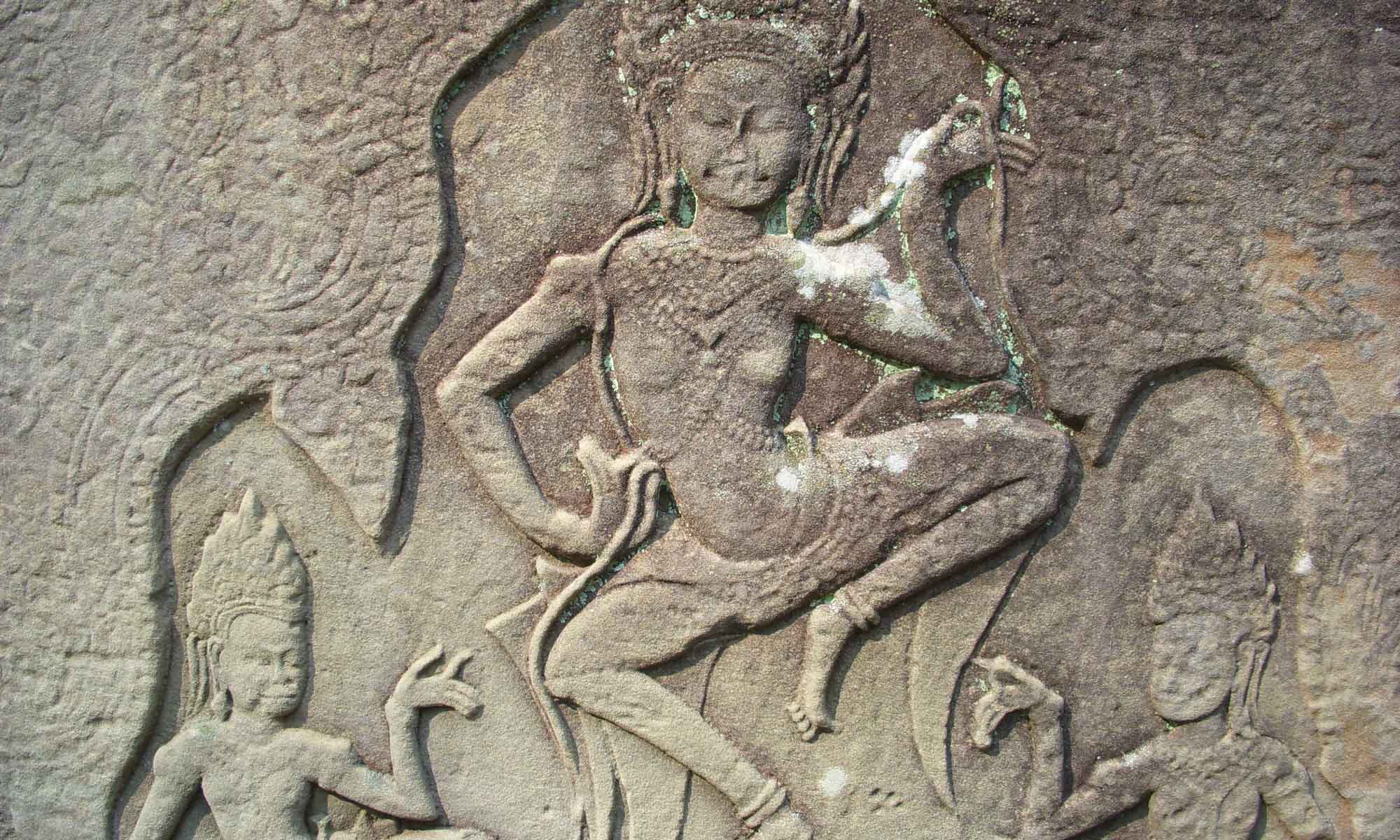“Rein Of Power: How the Mythological Horse Holds the Tension of Balance and Transformation”
with Dr. Heather A. Taylor
Thursday, June 12, 2025 at 3:00 PM Eastern Time
REGISTER HERE

Domesticating horses created a major shift in societies as humans climbed on top of the animal for a broader view of the physical world. Harnessing the horse’s power led to crossing boundaries, exploring new terrains, advancements in agriculture, technology, and service. Inevitably conflict arose as cultures clashed when riders ventured into expanding territories, leading to disputes and wars, especially for those who prioritized conquering or controlling people, livestock, and land. Sovereign powers and the wealthy created calvaries as a sign of military strength while individuals who excelled on horseback performed heroic acts, either in battle or as solo warriors. These actions infiltrated our stories, resulting in the rise of the hero archetype.

This shift in civilization created many advantages throughout history and into modern times but the pendulum has swung too far, leading to an overemphasis of the Cartesian mindset in which power over nature and humans is prioritized. Those who do not fit into a narrow definition of what constitutes the best, brightest, strongest, richest, and most powerful in society are often dismissed and disenfranchised. Money, conquering, and domination on a linear and hierarchical level have gained precedence in many aspects of modern daily life, including how we treat and interact with horses. Yet horses symbolize life force, spirit, and balance. Reflected in mythologies throughout time, horses accompany humans, gods, and goddesses, across the realms. Amplifying the physical traits and behavior of the horse can bring an archetypal and metaphoric quality to myth and story, potentially facilitating integration, relatedness, balance, nature, and embodiment.

In this presentation, Dr. Heather Taylor will highlight how Hades’ four immortal horses, who emerge from the ground in the abduction of Persephone, play a role in the goddess’s transformation where she reigns as Queen of the underworld. The images of the horse add movement to the myth illustrating their importance as a symbol of change at a time when we must rebalance, and re-story, our relationship to the earth and showcase different forms of power.

Dr. Heather A. Taylor has a Ph.D. in Mythology with an emphasis in depth psychology and a Masters in Producing film and video. Her award-winning documentary, Breaking Through The Clouds: The First Women’s National Air Derby(BreakingThroughTheClouds.com) earned top honors at many film festivals and continues to air on PBS across America. Dr. Taylor is the co-founder of the International Society of Mythology (ISMythology.com).
Dr. Taylor was awarded the Kore Dissertation of Merit at ASWMs conference in April 2025 for Re-Storying A Sense of the Sacred With A Mythological Herd: An In-Depth Study of Horses in Mythology.
~~~~~~~~~~~~~~~~~~~~~~~~~~~~
Upcoming Scholar Salons (both at 3pm Eastern Time):
June 26 2025: “Flourishing Kin: Loving the World in Complex Times” with Dr. Yuria Celidwen
August 21, 2025: “Inanna’s Descent: Re-wombing Menstrual Sacrality” with Dr. Annalisa Derr
Save these Salon dates: September 4, September 18, October 2

This Salon recording will also be available to members when processed after the event.








You must be logged in to post a comment.